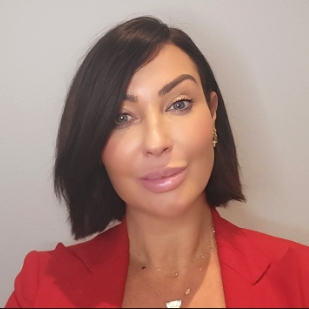You have successfully logged out.
Not registered yet?
Working@BBraun
Courage to Change
More digital, more agile, faster: with B. Braun - the next decade, we have a strategic framework that is fit for the future. Hear some employees share about how they perceive the change process, which challenges are their biggest, and what drives them.
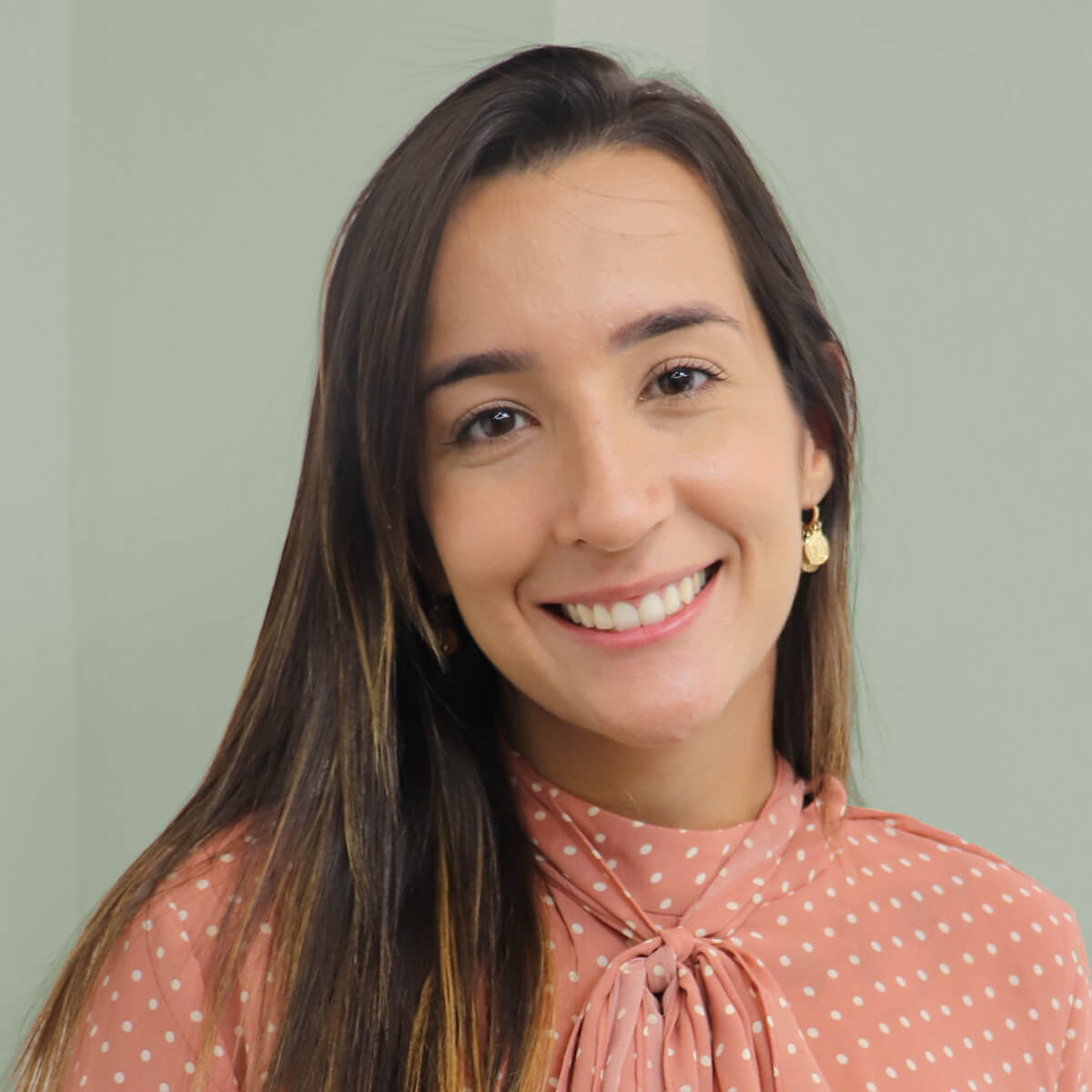
B. Braun Brazil - Motivating the team
Gabriella Nascimento
Gabriella Nascimento joined the company two years ago through B. Braun’s trainee program; since the beginning of 2022, she has been Transport and Logistics Project Manager at B. Braun Brazil. To start the day full of energy, she gets up at 5:30 every morning and goes to the gym before work.
Ms. Nascimento, what is the importance of B. Braun's corporate culture for you?
How can transformation processes be implemented in your daily business?
What contribution would you like to make to the B. Braun—the next decade strategy?
In which areas is the change most noticeable?
B. Braun Finland - Developing more courage
Mia Eklund
Mia Eklund is Managing Director for the B. Braun companies in Finland and Sweden. In her free time, she likes to be active outdoor, she does competitive sailing, plays tennis, and enjoys being at her summer cottage in the Finnish archipelago.
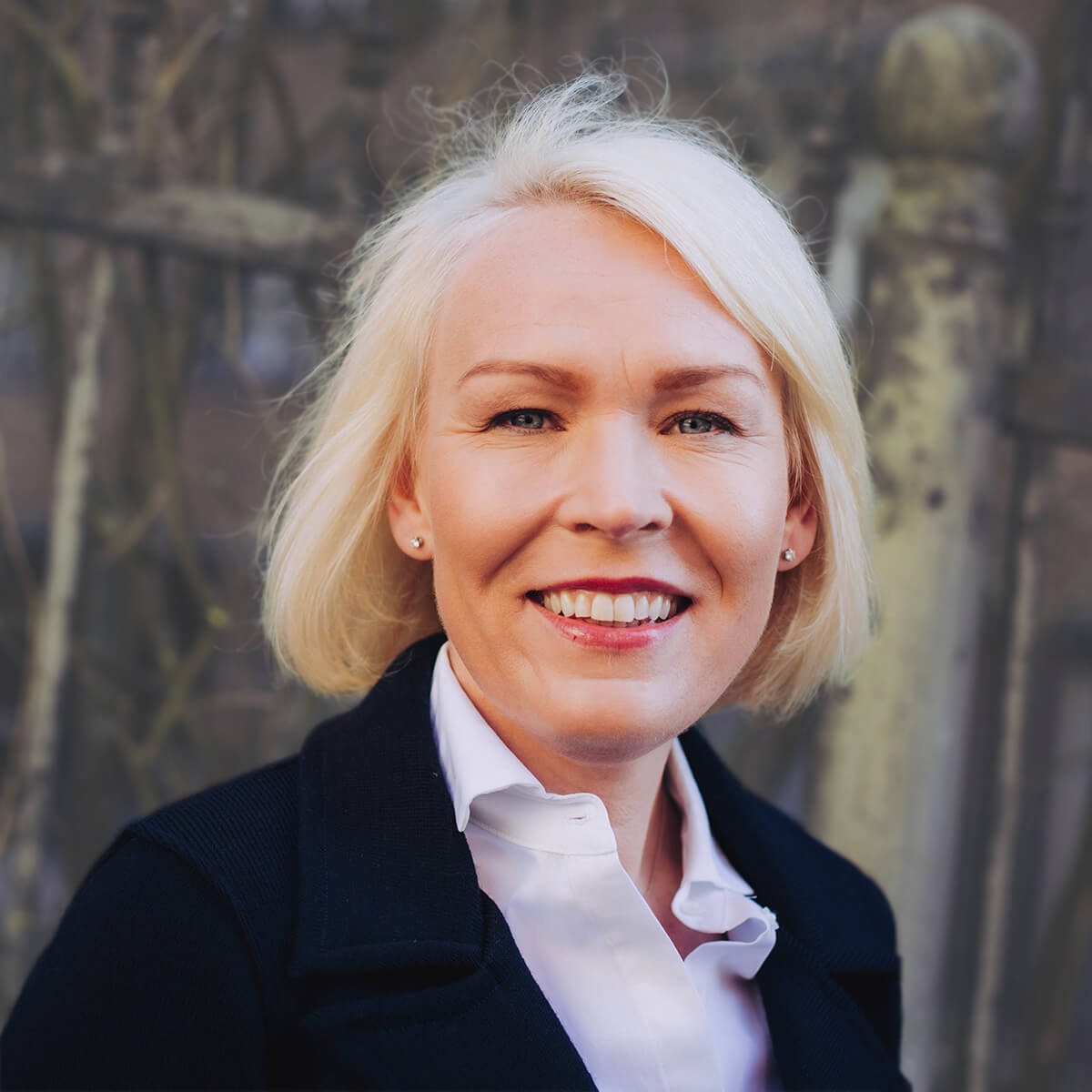
Ms. Eklund, how can transformation processes from the B. Braun—the next decade be implemented in your daily business?
What changes that B. Braun—the next decade envisions have come easily to you?
Where do you see need for more changes?
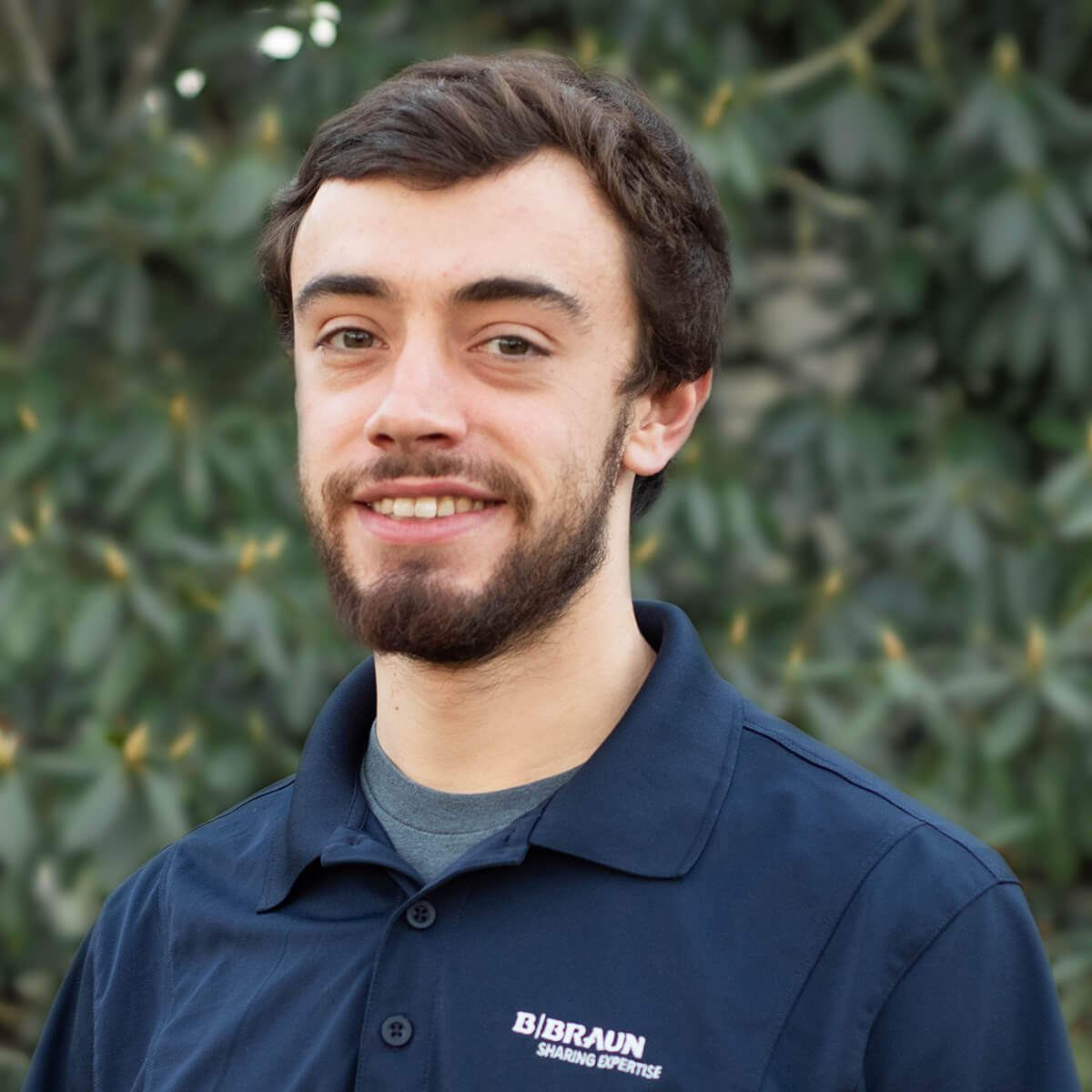
B. Braun USA - Looking beyond our own horizons
Nathan Snyder
Nathan Snyder is an injection molding designer at B. Braun Medical Inc. in Allentown, Pennsylvania. He was presented with the Making a Difference Award by Jean-Claude Dubacher, CEO of B. Braun USA, for his important contribution to the B. Braun—the next decade strategy. Snyder enjoys traveling and hopes to visit and work at as many B. Braun subsidiaries around the world as possible in the near future.
Mr. Snyder, how do you know you are open to change?
What changes that B. Braun—the next decade envisions have been difficult for you?
And which ones did you find easy?
What contribution would you like to make to the B. Braun—the next decade strategy?
B. Braun Japan - Training managers
Naoko Nagashima
Naoko Nagashima works as Division Director of Human Resources and General Affairs at B. Braun Japan. She likes to spend her free time with her 15-year-old beagle Snoopy, whom she brought to Japan from the USA.
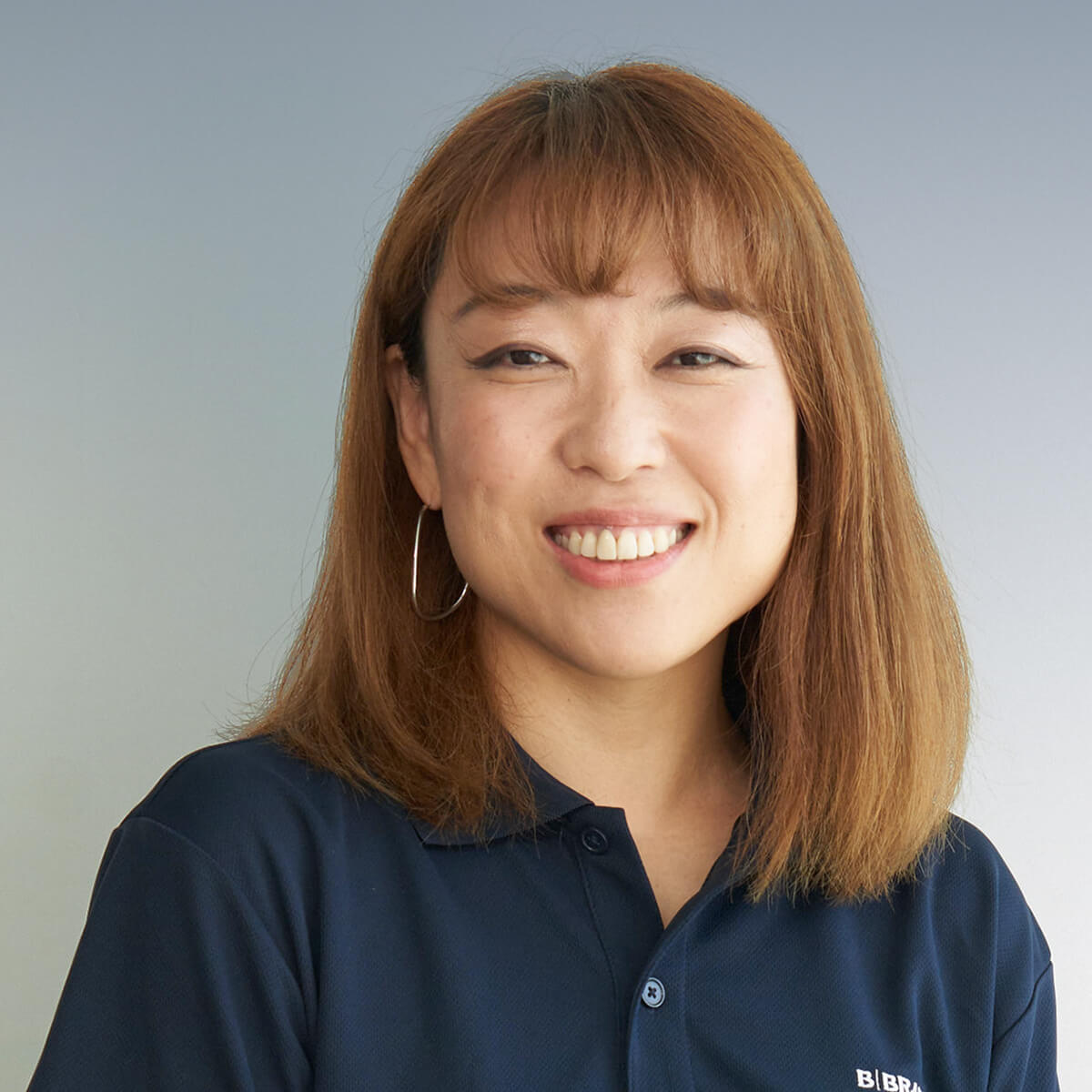
Ms. Nagashima, which of the strategic changes that B. Braun—the next decade introduced have been difficult for you?
In which areas is the change most noticeable?
Where do you see need for additional changes?
How can transformation processes be implemented in your daily business?
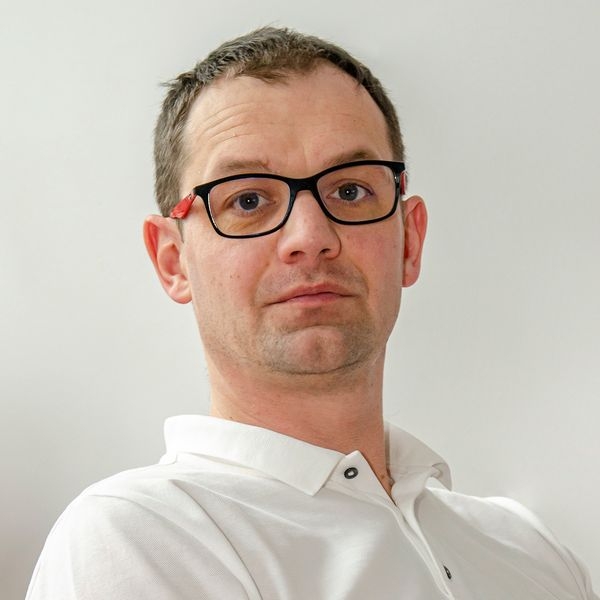
B. Braun Poland - Attracting new talents
Jakub Szulc
Jakub Szulc is Head of SSC IT EMEA in Poland, overseeing many of our daily activities and coordinating actions to maximize efficiencies in the IT Shared Service Center. He started his career at B. Braun in 2008 in controlling but after four years transferred himself to IT because it was always his desired area. The most important thing for him is his family, which gives him a lot of positive energy and a sense of work-life balance.
Mr. Szulc, what has changed in your job since the launch of the B. Braun—the next decade strategy?
What contribution would you like to make to the B. Braun—the next decade strategy?
What changes have you found easy?
And which ones did you find difficult?
What significance does B. Braun’s corporate culture have for you?
B. Braun Russia - Implementing innovations conscientiously
Olga Zhiznevskaya
Olga Zhiznevskaya is Chief Nurse for all B. Braun dialysis centers in Russia, based in the city of St. Petersburg. In her free time, she enjoys ice skating with her husband and three-year-old daughter and doing yoga.
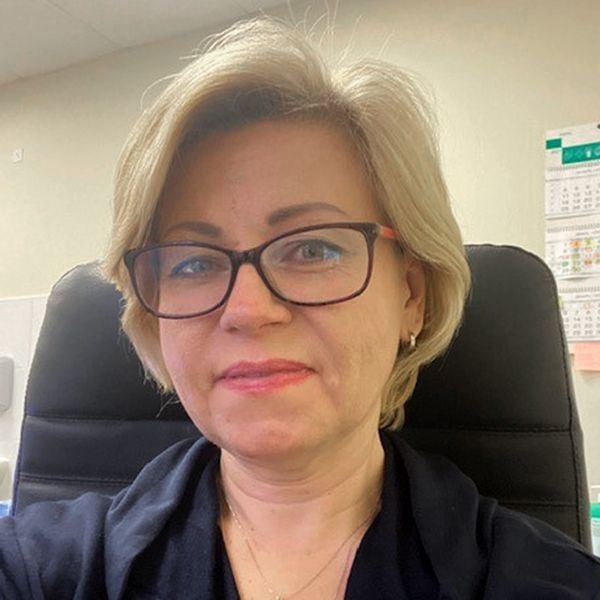
Ms. Zhiznevskaya, how do you know that you are open to change?
In which areas is the change most noticeable?
What contribution would you like to make to the B. Braun—the next decade strategy?
Where do you see need for additional changes?
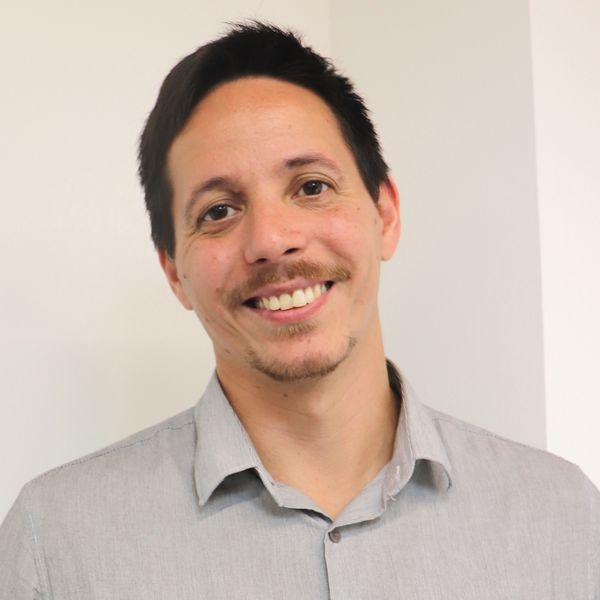
B. Braun Brazil - Shaping change together
Victor Brandao Bonan
Victor Brandao Bonan is Project and Installation Engineer at B. Braun Brazil. When he's not at the gym or meeting up with friends, he likes to travel, so he’s already looking forward to his trip to Japan, which is planned for 2023.
Mr. Bonan, what contribution would you like to make to the B. Braun—the next decade strategy?
Are you open to the change ahead?
What changes have you found difficult?
Where do you see need for additional changes?
What does the B. Braun culture mean to you?
B. Braun Australia - Shaping change
Zoe Welton
Zoe Welton is National Sales Manager Pharmaceuticals, Fluids & Regional Anaesthesia at B. Braun Australia. In 2017, she moved with her three children from the UK to near Sydney, where she lives in a house by the sea and enjoys long walks on the beach with her dogs Paddington and Humphrey.
